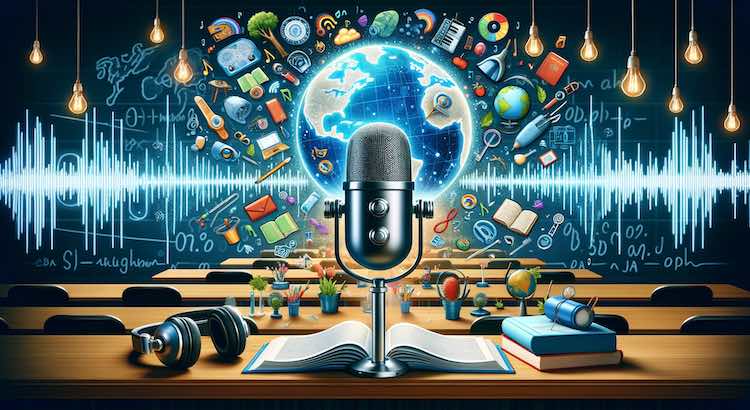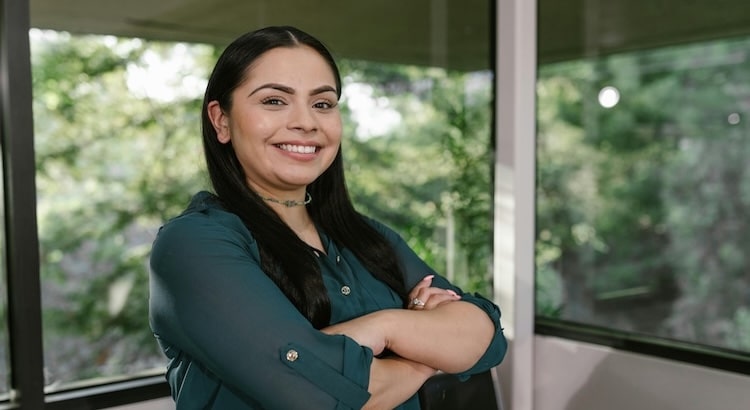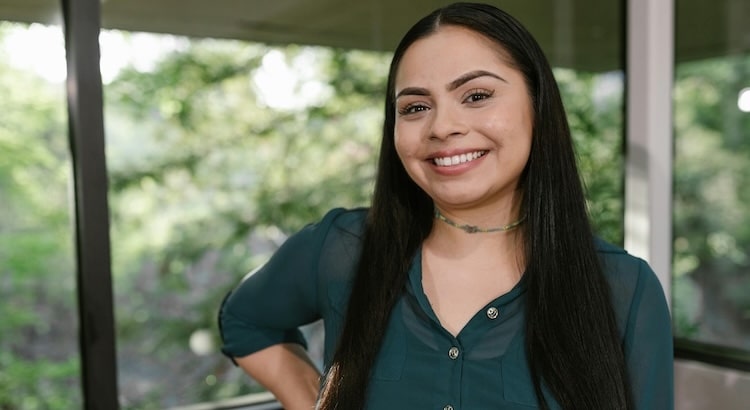Why Audio Transcription Matters for Educational Podcasts
Podcasts play a big role in today’s digital classrooms. They help learners explore new subjects, hear from experts, and spark curiosity in a fun way. But if you add audio transcription to educational podcasts, you make the learning experience even better for everyone.
This guide explains why transcription for educational podcasts is important, how it benefits learners, and simple steps to get started. We’ll also show how GoTranscript can help make educational content more accessible.
The Key Benefits of Transcribing Educational Podcasts
1. Making Podcasts Accessible to All
Transcripts let everyone access educational podcasts, including:
- People who are deaf or hard of hearing
- Learners in noisy environments
- Anyone who prefers reading over listening
The National Deaf Center reports that nearly 16% of Americans experience hearing loss (NDC, 2022). By offering transcripts, educators support equal learning opportunities for all students.
2. Helping Non-Native English Speakers
For students learning English, following spoken podcasts can be hard. Fast speech, strong accents, or tough vocabulary may cause confusion.
Transcripts solve this by letting learners:
- Read at their own pace
- Look up difficult words
- Follow along to improve listening and language skills
With transcripts, non-native speakers can understand and review lessons more easily.
3. Enhancing Comprehension and Retention
People remember more when they read and listen at the same time. A study by the Journal of Educational Psychology found that combining audio with written text boosts learning (2020).
Key learning benefits include:
- Better comprehension of complex concepts
- Easier note-taking for students
- Quick review before exams or assignments
4. Boosting Searchability and Reference
Text transcripts make podcasts searchable. Students and teachers can find:
- Exact phrases or keywords
- Important quotes for research
- Specific topics within the podcast episode
This turns podcasts into valuable study resources that can be easily cited or referenced in school projects.
5. Supporting Learners with Different Needs
Transcripts help students with:
- Learning disabilities
- Auditory processing issues
- Different learning styles, like visual learners
By adding text, educators include more students and help everyone succeed.
How to Implement Audio Transcription for Educational Podcasts
Best Practices for Creating Useful Transcripts
- Use Reliable Transcription Services
- Professional services deliver accurate and timely transcripts
- Automated transcription options can save time and costs
- Ensure Accuracy and Clarity
- Proofread transcripts to remove errors
- Use proofreading services for the best results
- Add Timestamps
- Allow readers to easily find specific segments of the audio
- This helps during study sessions or research
- Edit for Readability
- Break up long paragraphs
- Use short sentences
- Remove filler words and correct grammar
- Support Accessibility
- Use proper headings and lists for screen readers
- Provide alternative text for any visual elements
Additional Features for Greater Inclusion
- Closed Captions and Subtitles
- Closed caption services make video podcasts accessible
- Subtitling services can help broaden your audience
- Translation for Global Access
- Transcripts can be translated for multi-language support
- Consider text translation services or audio translation to reach more learners
Getting Started with Podcast Transcription
Here’s how to transcribe your educational podcast step-by-step:
- Record your podcast episode
- Upload the audio file to a trusted transcription order service
- Choose between human or AI-powered transcription
- Edit and proofread the transcript, or use a professional service
- Share the final transcript alongside your podcast episode
Review transcription pricing options to find a plan that fits your educational needs.
Conclusion
Transcribing educational podcasts removes learning barriers and supports a more inclusive classroom. With written transcripts, your content reaches a wider, more diverse audience, including those who have hearing loss, language challenges, or different learning preferences.
As more teachers and students embrace podcasting, transcription is key to promoting equity and flexible learning.
If you’re ready to make your podcasts more accessible, GoTranscript offers transcription services, closed captions, subtitles, and translation solutions for educators, organizations, and learners worldwide.



















 Verified Order
Verified Order